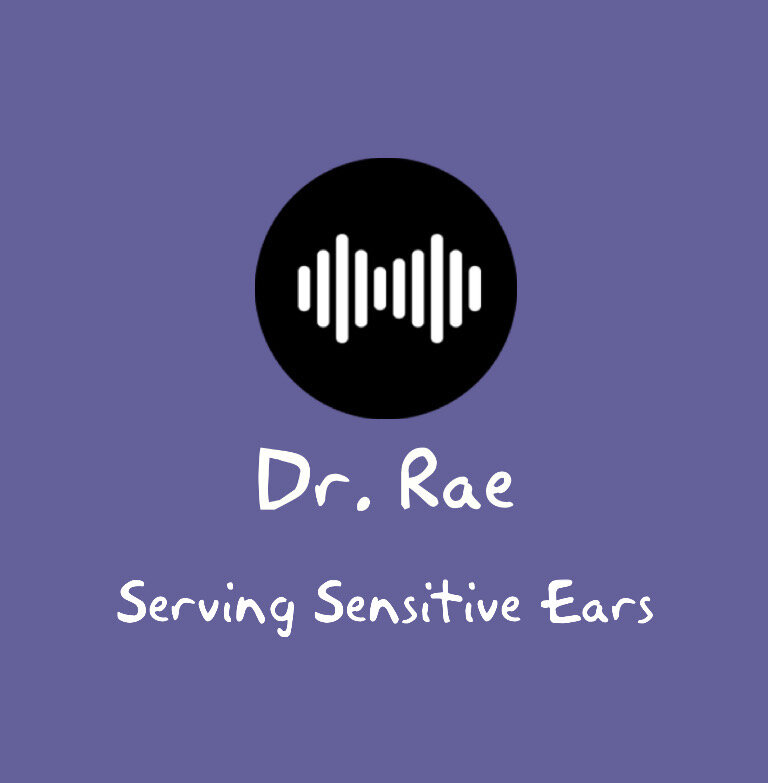The Ones We Missed: Using Music, Memory, and Rhythm to Train the Brain
Everything I’m sharing is still in progress. The music, the message, the process, I’m treating it all as a living draft.
The Ones We Missed is a song I created using AI-based music tools. It’s based on real children I’ve worked with, though their names and details are blended. Some found their way forward. Some didn’t. I still carry them with me. The hallway silences, the brave resistance, the quiet that came through a screen. This song holds those moments, and for me, it’s a kind of listening back.
I want to be transparent. I’m using AI music generation as a temporary measure, a stopgap. My long-term vision is to collaborate with traditional musicians, to re-record these songs in a way that honors artistic integrity and creates a sustainable model that supports both children and the artists themselves.
I recognize the concerns surrounding AI-generated content and the questions of intellectual property. I take those seriously. But I also see the urgent need in our community. Children struggling to process speech in noise or follow unclear speech often have no access to meaningful, affordable auditory training. To me, the potential benefit to these children, and the immediacy of that need, is at least as pressing as the ethical concerns. This is a proof of concept, meant to show what’s possible and why it’s worth investing in.
Dr. Nina Kraus’s research has shown that rhythm and emotionally engaging music can help train the auditory brain, especially in noisy environments or when listening is effortful. Music isn’t just expressive. It’s rehabilitative. It can literally retrain the brain to hear more clearly.
My goal is to share these early songs as no-cost resources. But I also want to spark partnerships, with musicians, educators, and clinicians, so that we can build something lasting. Something real. Something beautiful and useful.
I’m also very open to feedback. Like Malcolm Gladwell writes in The Wisdom of Crowds:
“The best decisions are a product of disagreement and contest, not consensus or compromise.”
So I welcome your thoughts, your concerns, and your ideas.
This is just the beginning. What would make this more helpful or meaningful to you, or to the kids you serve?
Dr. Rae Stout, Au.D.
Audiologist, Writer, and Advocate for Auditory Access
———
Verse 1
I remember the hallway
the light buzzing low
The boy with the stare
and no place to go
He flinched at the voices
curled into the wall
And I couldn’t reach him
though I heard it all
Verse 2
I remember the girl
with her arms open wide
She flew into safety
and stayed by my side
But her mother grew shadows
and lies took their toll
So I carried her memory
like a mark on my soul
Chorus
Sometimes they come back
with a scar and a smile
After years in the dark
after walking a mile
And I wish I had caught them
when the world looked away
But I wasn’t enough
or I wasn’t that day
Verse 3
I remember the boy
who flushed what I gave
Not because he was cruel
but because he was brave
He couldn’t explain
what his body had learned
That even soft things
can still sometimes burn
Verse 4
There was one far away
with no one around
Just wires and hope
through a screen and a sound
I sat in the distance
while they held the phone
And I whispered a stillness
through wire and tone
Chorus
Sometimes they come back
with a scar and a smile
After years in the dark
after walking a mile
And I wish I had caught them
when the world looked away
But I wasn’t enough
or I wasn’t that day
Bridge
I count all the names
that I never forget
The faces I carry
the ones with regret
The voices I hear
when I can’t fall asleep
Still calling me softly
from canyons too deep
Final Chorus
Sometimes they come back
with a scar and a smile
After years in the dark
after walking a mile
And I wish I had caught them
when the world looked away
But I wasn’t enough
or I wasn’t that day…
…anymore… It’s a vow.
New auditory practice song, click here: https://suno.com/song/0e7fd83f-47e4-4d70-b523-8537c965982e
